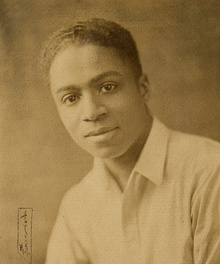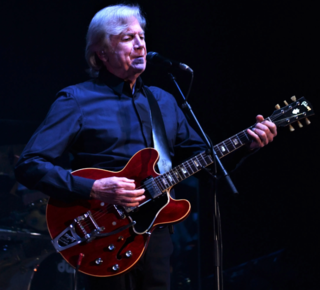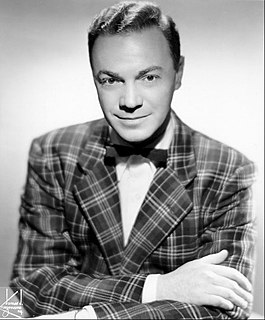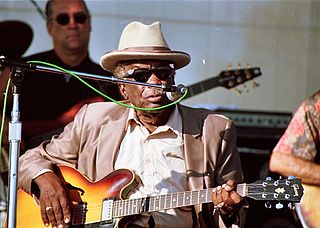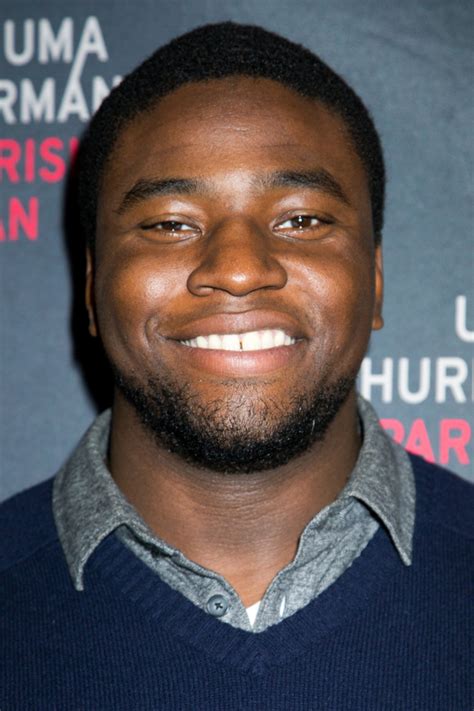A Quote by Rudolph Fisher
The rhythm persisted, the unfaltering common meter of blues, but the blueness itself, the sorrow, the despair, began to give way to hope.
Related Quotes
Music and the blues, they have taught me a lot. I think in this book, 'Book Of Hours,' there is this blues sensibility. There are moments of humor even in the sorrow, and I'm really interested in the way that the blues have that tragic-comic view of life - what Langston Hughes called 'laughing to keep from crying.'
But black folks have never really been optimists. We've been prisoners of hope, and hope is qualitatively different from optimism in the way that there's a difference between The Blues and Lawrence Welk. The Blues and Jazz have to do with hope while the other is sugarcoated music which has to do with sentimental optimism.
Sorrow, terror, anguish, despair itself are often the chosen expressions of an approximation to the highest good. Our sympathy in tragic fiction depends on this principle; tragedy delights by affording a shadow of the pleasure which exists in pain. This is the source also of the melancholy which is inseparable from the sweetest melody. The pleasure that is in sorrow is sweeter than the pleasure of pleasure itself.
